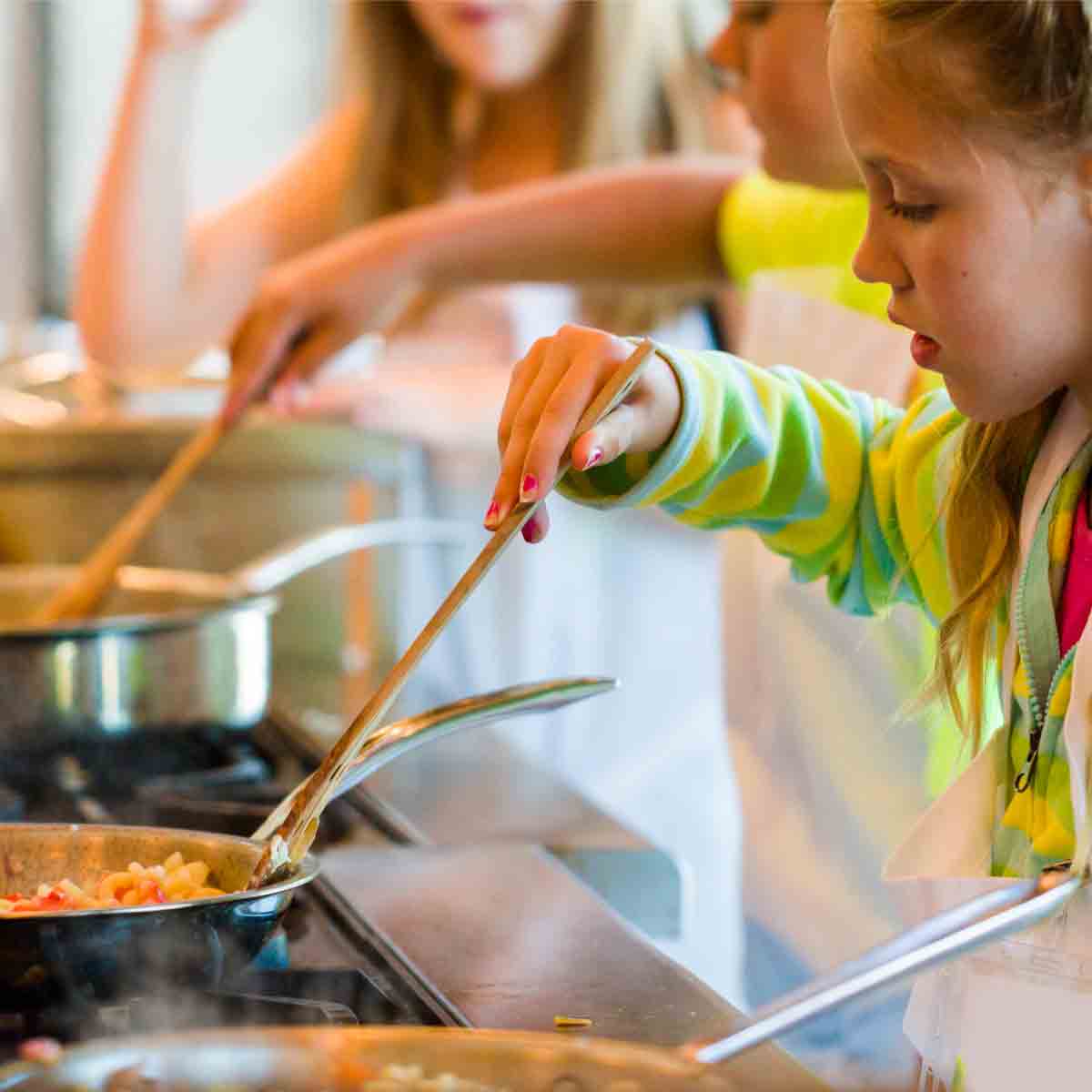Food agency in the United States: associations with cooking behavior and dietary intake
Wolfson et al. (2020) describe food agency as a person’s ability to acquire and prepare food in an environment regardless of social, economic, and physical factors. As part of this study, two large national surveys were firstly conducted in the United States to assess the population’s food agency and several outcomes based on cooking and food. The first survey was targeted at adults, while the second survey was filled out by parents of 2-9-year-old children. The goal was to find out which factors explain the variation in food agency among the sample group. The high level of food agency variance observed was explained by cooking skills, food skills, cooking confidence, attitudes, and perceptions. The study also examined the relationship between food agency and dietary intake, as well as between cooking behavior and dietary intake. Greater food agency was associated with more frequent cooking of all meals, more frequent scratch cooking, and less frequent cooking with packaged ingredients among both adults and parents. Food agency was also positively correlated with vegetable consumption among both adults and children. Food agency can be used to help us understand and promote home cooking behavior. [NPID: cooking, cooking skills, diet quality, food agency, food skills, United States, cooking from scratch, parents]
Year: 2020
 Navigation
Navigation






